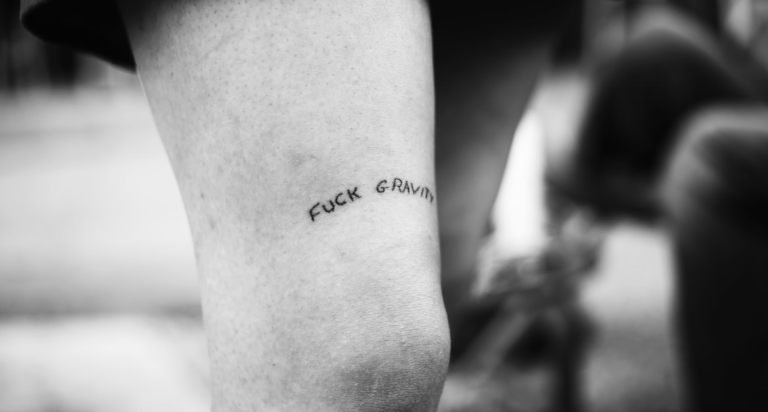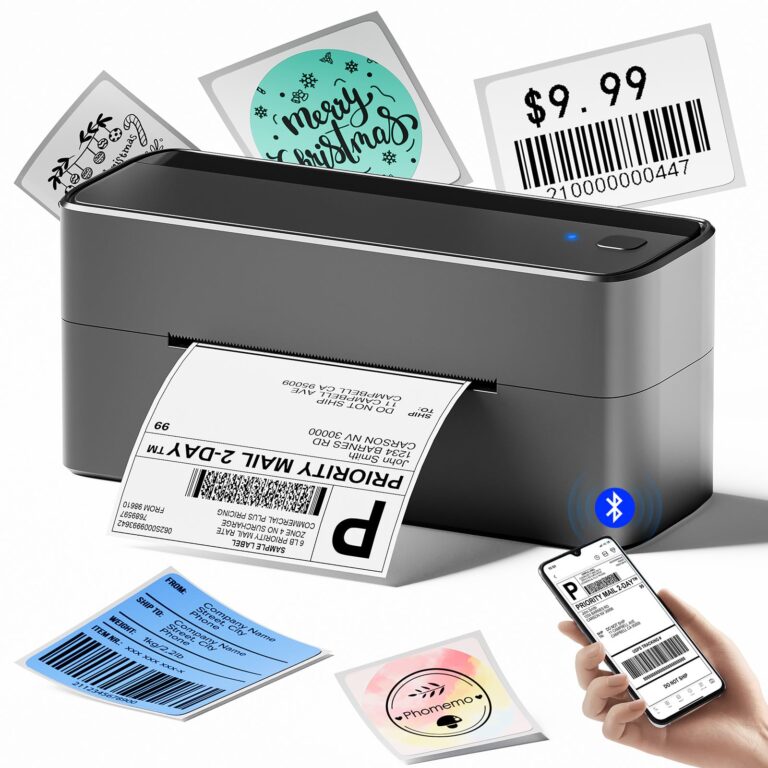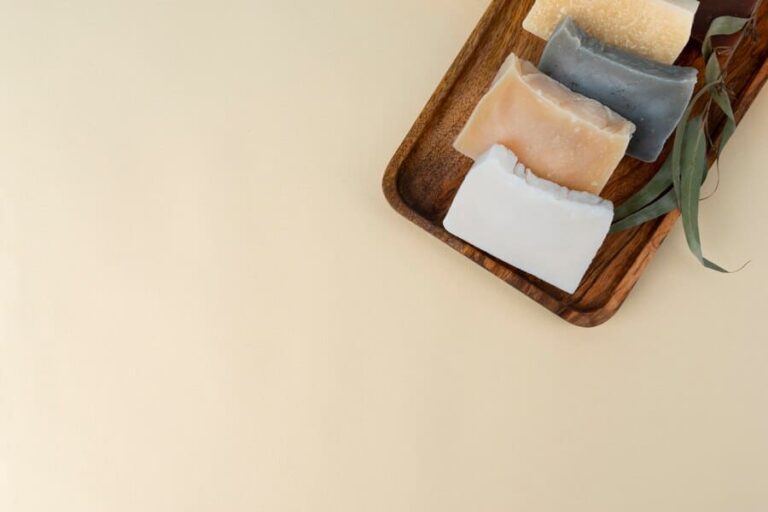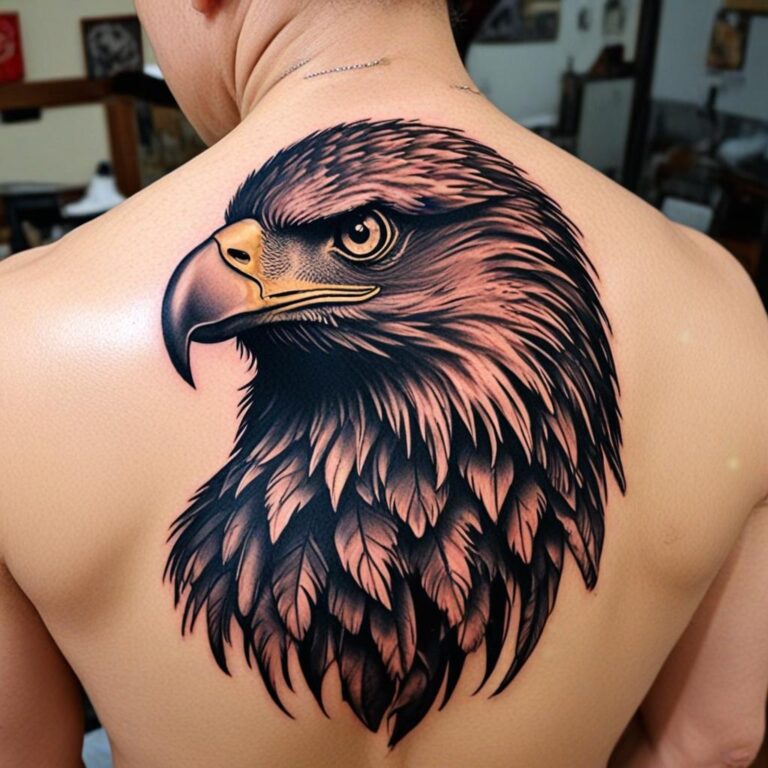You’ve just stepped out of the tattoo parlor with fresh ink, and it’s time to celebrate your new art. But before you raise a glass, you might wonder, “Can I drink after getting a tattoo?” It’s a common question with important considerations for your health and the healing process of your tattoo.
Alcohol and tattoos have a complex relationship. While a drink might seem like a great way to commemorate the occasion, understanding how alcohol can affect your body and your new tattoo is crucial. Let’s dive into what you need to know before deciding to drink post-tattoo session.
Key Takeaways
- Avoid Alcohol Post-Tattoo: Drinking alcohol after getting a tattoo can increase bleeding, lead to dehydration, and impair the healing process, potentially resulting in a faded or patchy tattoo.
- Healing Process Risks: Alcohol consumption post-tattoo can significantly delay healing times and increase the risk of infections due to its effects on blood thinning, dehydration, and immune system suppression.
- Medication Interactions: Mixing alcohol with medications prescribed for tattoo aftercare, such as antibiotics or pain relievers, can reduce their effectiveness and pose health risks, including liver damage and increased stomach bleeding.
- Hydration is Key: Staying well-hydrated is crucial for efficient tattoo healing. Drinking plenty of water and consuming water-rich fruits and vegetables can aid in skin regeneration and ensure your tattoo heals evenly and maintains its vibrancy.
- Wait Before Drinking: It’s advisable to wait at least 48 hours before consuming alcohol to allow your body’s initial healing processes to occur without interference, reducing the risk of complications and ensuring better healing outcomes.
- Moderate Consumption: If you choose to drink after the initial 48-hour window, opting for beverages with lower alcohol content and staying hydrated is recommended to support the healing process and minimize adverse effects on your tattoo.
Potential Risks of Drinking After Getting a Tattoo
When considering whether you can drink after getting a tattoo, it’s essential to be aware of the potential risks involved. Alcohol has specific effects on the body that can complicate your tattoo’s healing process.
Increased Bleeding is one of the primary concerns. Alcohol acts as a blood thinner, which can lead to excessive bleeding during and after your tattoo session. This not only makes the tattooing process more challenging for the artist but can also lead to a less defined tattoo due to the excess bleeding.
Dehydration is another significant risk. Alcohol dehydrates your body, and when you’re trying to heal from any wound, including a fresh tattoo, your body requires extra fluids to aid in the healing process. Dehydrated skin can hinder the efficiency of the healing, potentially resulting in a faded or patchy tattoo.
Your body’s Healing Time after getting a tattoo can significantly increase if you drink alcohol. The reason behind this is twofold. Firstly, alcohol impairs your immune system, making it harder for your body to fight off any infections. Secondly, the dehydration caused by alcohol can slow down the skin’s ability to regenerate and heal.
Here are some statistics that underscore the importance of hydration and a robust immune system in wound healing:
| Factor | Impact |
|---|---|
| Hydration | Essential for optimal skin regeneration and healing |
| Immune System Efficiency | Directly correlates with the body’s ability to heal wounds effectively |
Moreover, the chance of Infection increases with alcohol consumption post-tattoo. A suppressed immune system cannot protect the open wound from bacteria effectively, raising the risk of infection. This could lead to further complications, requiring medical intervention and potentially damaging your tattoo.
While the temptation to celebrate your new body art with a drink might be strong, weighing the potential risks against the immediate gratification is crucial.
Impact of Alcohol on the Healing Process
When you get a new tattoo, your body treats it like a wound. Initiating the healing process is crucial for the tattoo’s longevity and appearance. However, drinking alcohol can significantly impact this process, often in ways you might not expect.
Firstly, understand that alcohol thins your blood. This can lead to increased bleeding well beyond the tattooing session itself. More bleeding can result in the ink being pushed out of the skin, affecting the clarity and vibrancy of your tattoo. Essentially, the more you bleed, the less sharp your tattoo might end up looking.
Another critical aspect to consider is dehydration. Alcohol is a diuretic, which means it causes your body to remove fluids at a much faster rate. Dehydration can seriously hinder your body’s ability to heal efficiently. When your skin is trying to recover from the controlled trauma inflicted during the tattooing process, it needs all the hydration it can get. A dehydrated body might see a delayed healing time, and the tattoo could heal unevenly, appearing patchy or faded in places.
Moreover, your immune system plays a vital role in the healing process. Alcohol compromises your immune system, weakening your body’s natural defense against infections. A new tattoo is an open wound, and without a strong immune response, the risk of infection increases significantly. An infection can not only damage the tattoo’s appearance but also pose serious health risks.
To ensure your tattoo heals properly, staying hydrated and avoiding alcohol in the days following your tattoo session is advisable. Prioritizing your body’s healing process can make a substantial difference in how your tattoo looks and feels in the long run.
Remember, every tattoo is a piece of art, and every artist wants their work to stand the test of time. By taking care of your body and minimizing alcohol consumption post-tattoo, you’re investing in the longevity and quality of your art.
Delayed Healing and Increased Infection Risk
When you get a tattoo, your skin undergoes a form of trauma as the needle embeds ink beneath the surface. This process creates a wound that your body needs to heal. Alcohol consumption can significantly prolong this healing process. It’s not just about the immediate effects; the aftermath extends far beyond the time spent in the tattoo parlor.
Firstly, alcohol dilates your blood vessels, leading to increased bleeding. This doesn’t just affect the tattoo session itself but also the initial healing stages. The more you bleed, the longer your skin takes to recover, as the necessary nutrients and oxygen struggle to reach the wound efficiently.
Moreover, hydration is crucial for wound healing. Alcohol is a diuretic, meaning it causes your body to lose more fluid than you take in. This dehydration impedes your skin’s ability to heal, making the tattooed area more prone to uneven healing, which can result in a tattoo that looks faded or patchy over time.
Perhaps the most critical concern is the increased infection risk. Alcohol impairs your immune system’s functionality. With a compromised immune system, your body finds it harder to fend off any potential infections that could invade the tattooed area. An infected tattoo not only poses health risks but can also ruin the appearance of your new ink, necessitating further treatment or even correctional work.
To promote optimal healing and reduce the risk of infection, it’s advisable to steer clear of alcohol for several days before and after your tattoo appointment. Ensuring you’re well-hydrated and your immune system isn’t compromised can make a significant difference in how your skin heals and how your tattoo ultimately looks.
Remember, your tattoo is not just art; it’s an open wound. Taking care of it in the initial days is crucial for both your health and the integrity of the tattoo’s design.
Interactions Between Alcohol and Tattoo Medications
When you get inked, the care doesn’t stop the moment you leave the tattoo parlor. Following your artist’s aftercare instructions is crucial, which often includes the application of various creams or taking certain medications to prevent infection and encourage healing. It’s here that you might not realize how alcohol can complicate matters.
Alcohol and antibiotics don’t mix well. If you’re prescribed antibiotics to prevent an infection from your new tattoo, drinking alcohol can diminish their effectiveness. This interaction can lead to a longer healing process or, worse, an infection that could have been avoided. Antibiotics work to fight off bacteria, and when alcohol is in the mix, it can hinder your body’s ability to heal efficiently.
Pain relievers are another common recommendation for managing discomfort post-tattoo. However, mixing alcohol with acetaminophen (found in Tylenol) can cause significant strain on your liver, leading to serious health issues. Similarly, NSAIDs (like ibuprofen) when combined with alcohol, can increase the risk of stomach bleeding. Here’s a quick rundown:
| Medication Type | Potential Risk When Mixed with Alcohol |
|---|---|
| Antibiotics | Reduced effectiveness, longer healing |
| Acetaminophen | Liver damage |
| NSAIDs | Increased risk of stomach bleeding |
Staying hydrated is key to tattoo aftercare, yet alcohol, a diuretic, can severely dehydrate you, essentially working against the tattoo healing process. Dehydration can not only slow down healing but also intensify the side effects of certain medications.
To ensure the best possible healing, it’s advised to steer clear of alcohol while your tattoo is healing, especially if taking any medications. This caution extends to both prescription drugs and over-the-counter options suggested by your tattoo artist or healthcare provider. Prioritizing healing over a few drinks can make a significant difference in the appearance and longevity of your new tattoo.
Importance of Hydration for Tattoo Healing
When you’ve just gotten a new tattoo, your body embarks on a natural healing process that requires an ample amount of hydration. Hydration is crucial because it aids in maintaining the elasticity of your skin, allowing your tattoo to heal smoothly and evenly. Water plays a vital role in the regeneration of your skin cells, ensuring that your tattoo preserves its vibrancy and detail.
Drinking sufficient water helps your body flush out toxins and supports your immune system in fighting off any potential infections that could compromise your tattoo’s appearance. Proper hydration speeds up the healing process, ensuring that your skin repairs itself efficiently without causing issues like excessive scabbing or cracking. Such problems not only prolong the healing time but can also affect the final look of your tattoo.
Here’s a quick guide on staying hydrated while your tattoo heals:
- Aim to drink at least 8-10 glasses of water daily.
- Incorporate water-rich fruits and vegetables into your diet, such as watermelon, cucumbers, and oranges.
- Avoid dehydrating beverages like alcohol and caffeine as much as possible.
Keeping your skin moisturized externally is equally important. Applying a thin layer of a recommended moisturizer can prevent your tattooed skin from drying out. Remember, dry skin is more prone to cracking and can cause your tattoo to fade prematurely. Opt for gentle, fragrance-free products to avoid irritation and ensure your tattoo remains vibrant and intact through the healing phase.
Paying attention to your hydration levels, both internally and externally, is one of the easiest yet most effective ways to support your tattoo’s healing. By staying well-hydrated, you’re not just promoting proper healing of your new ink but also contributing to the overall health and appearance of your skin.
Recommendations for Post-Tattoo Drinking
While it’s clear that drinking alcohol immediately after getting a tattoo can present a range of risks for your new ink and overall health, you might still wonder when it’s safe to enjoy a drink. The key is moderation and timing.
First and foremost, wait at least 48 hours before consuming any alcohol. This critical window allows your body to start the healing process without the added complications alcohol brings. During this period, your tattoo begins to scab and heal, and alcohol can interfere with this natural process.
To support your body’s recovery and ensure your tattoo heals perfectly, consider these guidelines:
- Stay Hydrated: Make water your best friend. Drinking plenty of fluids helps your skin heal faster and keeps you hydrated. Aim for 8-10 glasses of water a day, even after you resume drinking alcohol.
- Choose Wisely: When you do decide to drink, opt for beverages with lower alcohol content. Beer or a glass of wine is less likely to interfere with the healing process than stronger spirits.
- Listen to Your Body: If you experience any pain, swelling, or unusual symptoms around your tattoo after drinking, take it as a sign to cut back and consult with your tattoo artist or a healthcare professional.
Incorporating water-rich fruits and vegetables into your diet can also be beneficial. Foods like cucumber, watermelon, and strawberries not only help keep you hydrated but are packed with vitamins that support skin health and recovery.
Remember, your body’s ability to heal and fight off infection is paramount in the days following a tattoo session. Alcohol can impair your immune system, so it’s best to minimize any potential risks by limiting consumption until your tattoo has adequately healed. Adhering to these recommendations not only ensures that your tattoo heals well but also preserves the quality and vibrancy of your design for years to come.
Conclusion
Making smart choices about alcohol consumption after getting a tattoo can significantly impact the healing process and the longevity of your ink. By staying hydrated with water and incorporating water-rich foods into your diet, you’re giving your skin the best chance to heal smoothly. Remember, waiting at least 48 hours before reaching for that drink and opting for lower-alcohol options can make a big difference. Always listen to your body and don’t hesitate to seek medical advice if something feels off. Your tattoo is not just an art piece but a part of your body now. Treat it with care, and it’ll look vibrant and beautiful for years to come.
Frequently Asked Questions
Can I drink alcohol right after getting a tattoo?
No, it’s recommended to wait at least 48 hours before consuming alcohol after getting a tattoo to avoid increased bleeding, impaired healing, and a weakened immune system.
Why is hydration important for tattoo healing?
Proper hydration maintains the skin’s elasticity and supports the immune system, both vital for the healing process of a new tattoo.
What are some tips for staying hydrated after getting a tattoo?
Drink plenty of water, eat water-rich fruits and vegetables, and avoid dehydrating beverages like alcohol and caffeine to support tattoo healing.
Can consuming alcohol affect my tattoo’s healing process?
Yes, alcohol can lead to increased bleeding, slower healing times, and potentially affect the overall quality and vibrancy of your tattoo.
How can diet affect tattoo healing?
Incorporating water-rich fruits and vegetables into your diet aids in hydration, supports your immune system, and promotes healthier skin, which is beneficial for tattoo recovery.
What should I do if I experience unusual symptoms after getting a tattoo?
If you experience any unusual symptoms after getting a tattoo, it’s important to listen to your body and seek medical advice promptly.







